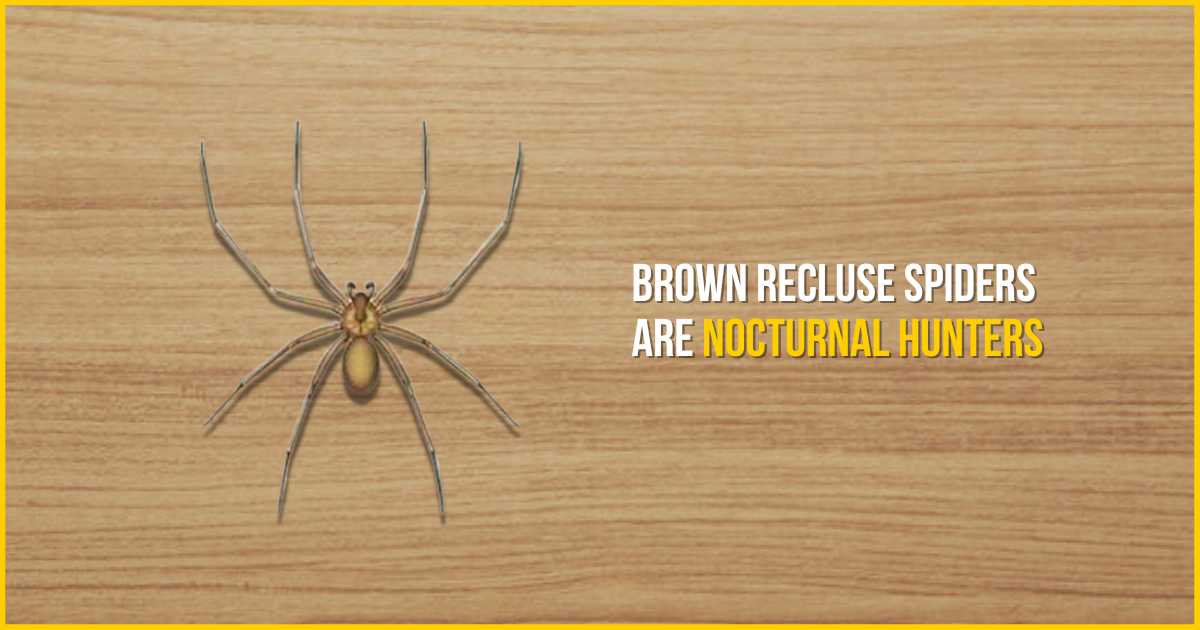Table of Contents
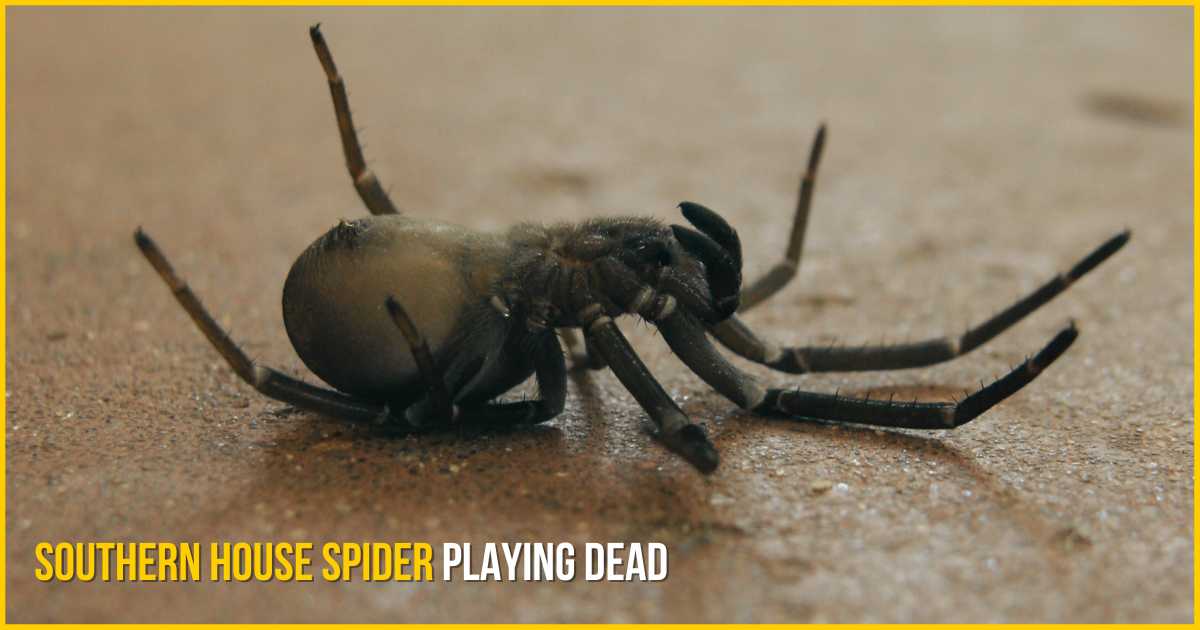
Do Brown Recluse Spider Play Dead?
In this article, you will get the answer- Do Brown Recluse Spider Play Dead or Not? As you may know, the Brown Recluse Spider possesses one of the most dangerous venoms known as necrotic venom, making it one of the most hazardous spiders in North America. Their bites can be deadly and require immediate medical attention. If you are looking for an answer of do brown recluse spiders play dead or not, so the answer is yes, similar to some other spider species, brown recluse spiders may feign death when threatened. They may freeze or flee to evade confrontation or conflict.
Do All Spiders Play Dead?
As of 2022, there are more than 50,000 species of spiders recognized worldwide. While not all, most species of spiders have been observed to play dead. But why do brown recluse spider and other species of spiders play dead? The reason may surprise you. Let’s delve into why they do it.
Why Do Spiders Play Dead?
There are various reasons why spiders play dead, also known as Apparent Death. Apparent death is a behavior where animals feign death, remaining immobile as if they were deceased. This behavior is typically triggered in response to potential predator attacks or other threats. Interestingly, this behavior is not only unique to spiders; it can be observed across a wide range of animals, from insects to mammals, reptiles, amphibians, birds and fish. However, it’s important to note that playing dead, or apparent death behavior, differs from the freezing behavior seen in some animals.
Now, let’s explore the actual reasons behind spiders’ playing dead behavior:
Predator Attack or Threat
Similar to Brown Recluse spiders, many other spider species play dead in response to perceived threats or to deceive their predators. Playing dead is a primary defense mechanism for spiders. When facing a predatory attack, spiders may opt to play dead or flee in order to evade the threat or trick their predators into losing interest and pursuing other prey. Spiders possess a keen sense of when to employ this tactic and when to flee. While there are various reasons why spiders exhibit this behavior, the primary reasons are for defense and to mitigate the risk of sexual cannibalism during mating encounters.
Sexual Cannibalism or Spider Cannibalism
This behavior is quite intriguing in spiders. According to a recent study, some female spiders, such as female funnel-weaving spiders, play dead during mating to alleviate the concerns of male spiders regarding being eaten. They play dead during sex, so the male spiders are less worried that they might be eaten after the mating process which is known as sexual cannibalism in spiders.
It is widely recognized that male spiders also play dead after mating to avoid being eaten. In fact, some female spider species have been observed to consume their male partners either before or after mating. Therefore, male spiders play dead after mating in the hope that female spiders will refrain from killing or consuming them.
When Spiders Dehydrated or Hungry
In certain studies, it has been observed that when spiders are dehydrated, hungry, or stressed, they exhibit the behavior of playing dead. Their bodies automatically adopt this response in situations where they require food or water, or when they are experiencing stress. However, once they feel comfortable and their needs are met, they quickly return to their normal state.
How Long Do Spiders Play Dead?
It is difficult to determine the exact duration for which spiders can play dead, as there has not been sufficient research conducted on this aspect. Some studies suggest that spiders are capable of playing dead for a few minutes to up to two hours or longer. However, in a study conducted in 2023 involving ten spider species, it was observed that most spiders remained motionless for approximately a minute in response to a few rapid puffs of air. Additionally, Joro Spiders were found to be capable of staying motionless for more than an hour.
10 Species of Spiders That Play Dead
Here are the list of 10 species of spiders that play dead more often:
Tarantulas
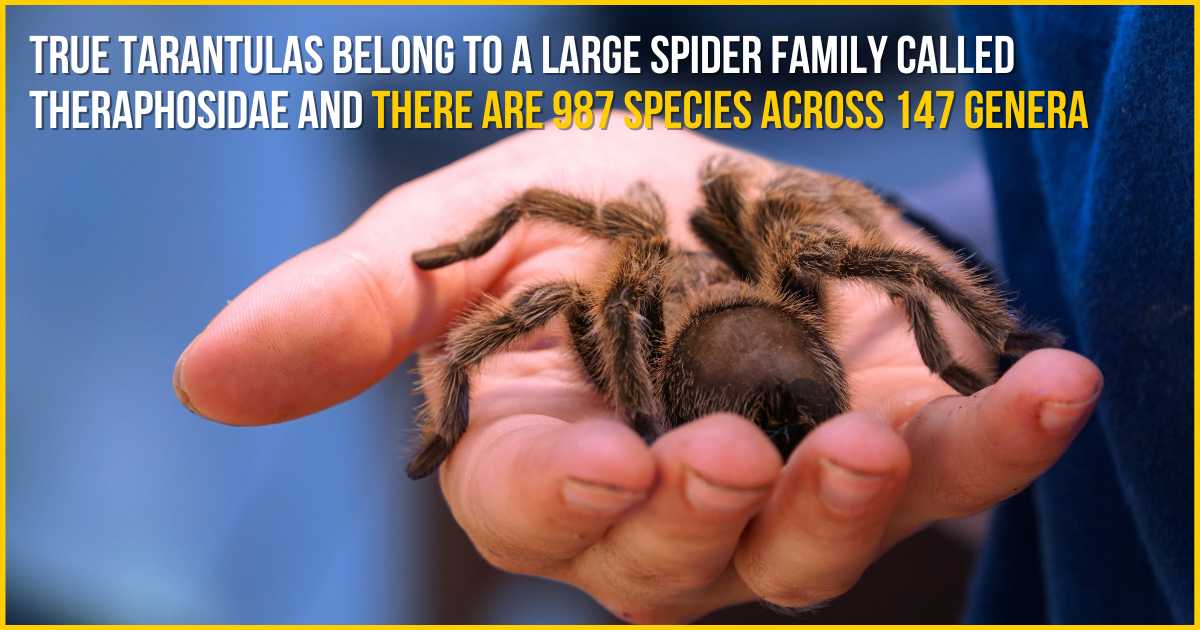
Tarantulas use the playing dead technique much less frequently than other spiders for defense. However, there is evidence of tarantulas playing dead by curling up their legs to avoid dangerous situations and potential attacks from predators.
Black Widow Spider
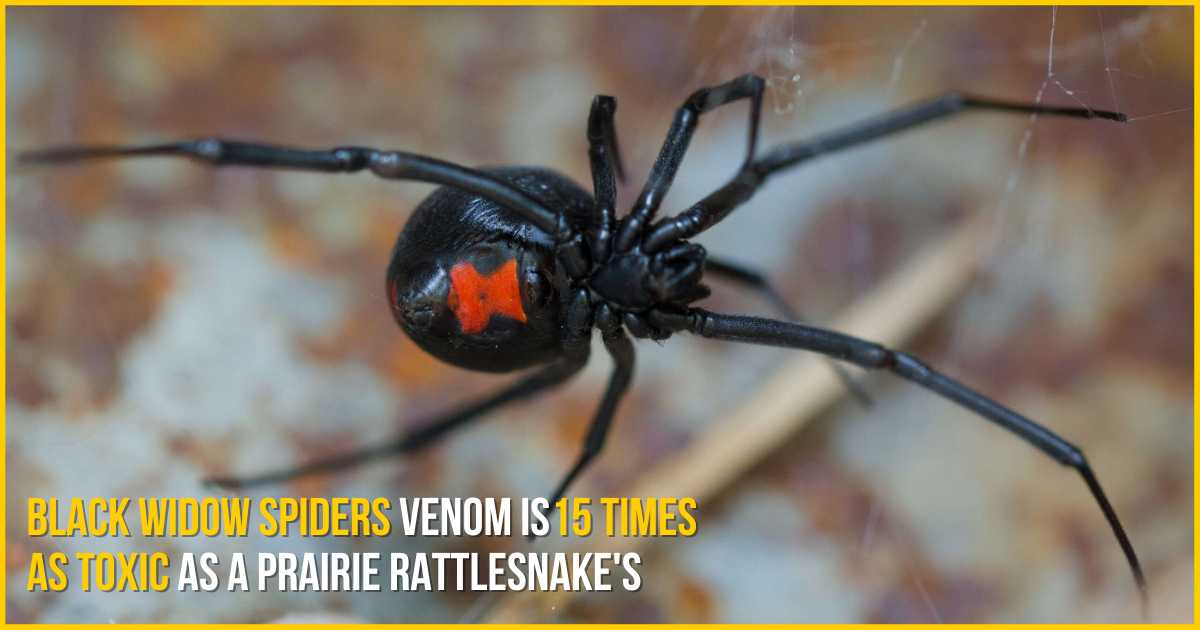
The Black Widow Spider often plays dead when threatened. In response to a threat, they may drop to the ground from their web and remain motionless, sometimes curling up their legs. However, playing dead is not their primary defense mechanism. Black Widow Spiders are also known for their venomous bite, which can be dangerous to humans and requires immediate medical assistance.
Cellar Spider

Similar to black widow spiders, Cellar Spiders also become motionless and curl their legs to play dead when they sense any threat.
Common House Spider
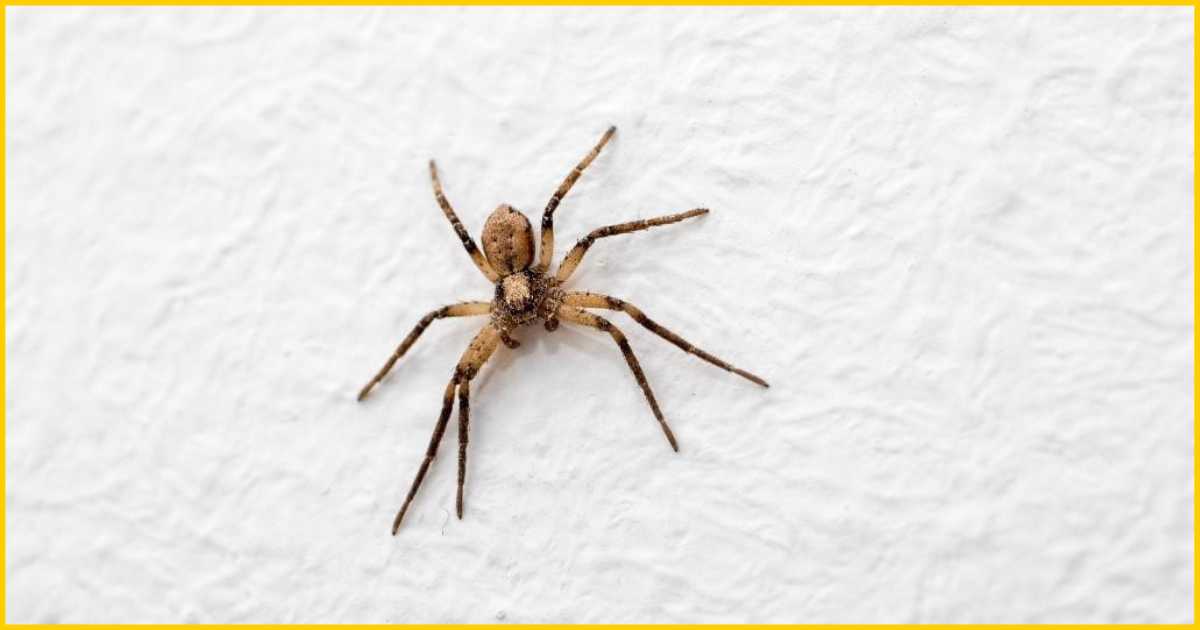
Common House Spiders also become motionless and curl up when they sense any threat. When approached by predators, they may also release sticky silk, making it difficult for predators to hold onto them.
Fishing Spider
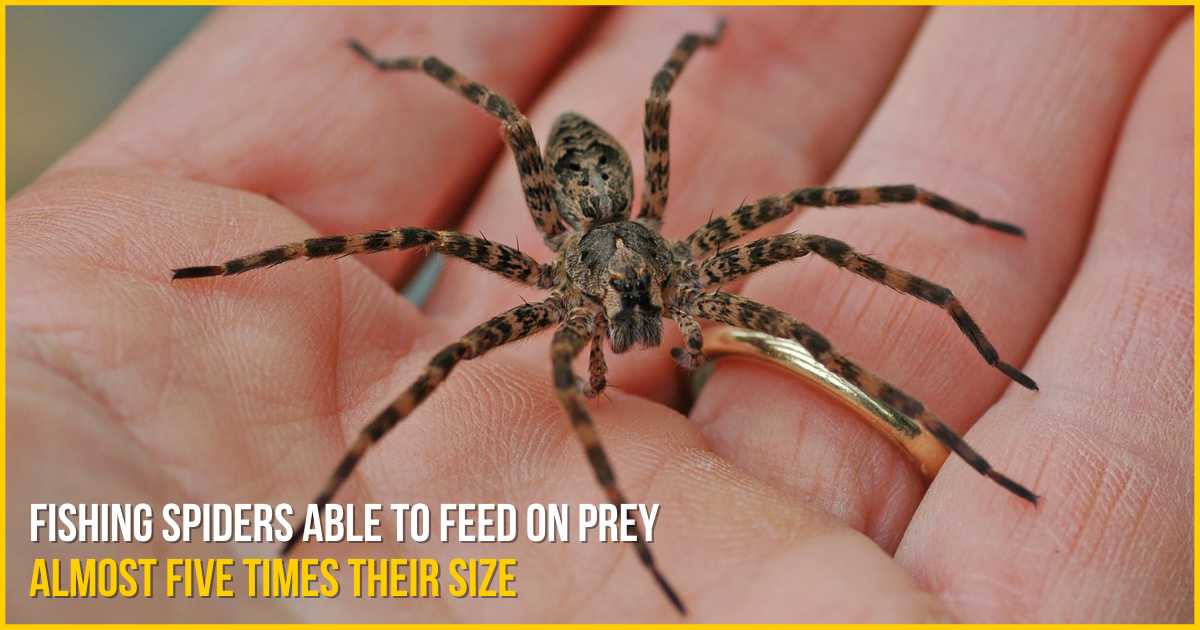
Some species of Fishing Spider will play dead by floating on a water with their leg extended to deter potential predator who is looking for live prey.
Goldenrod Crab Spider
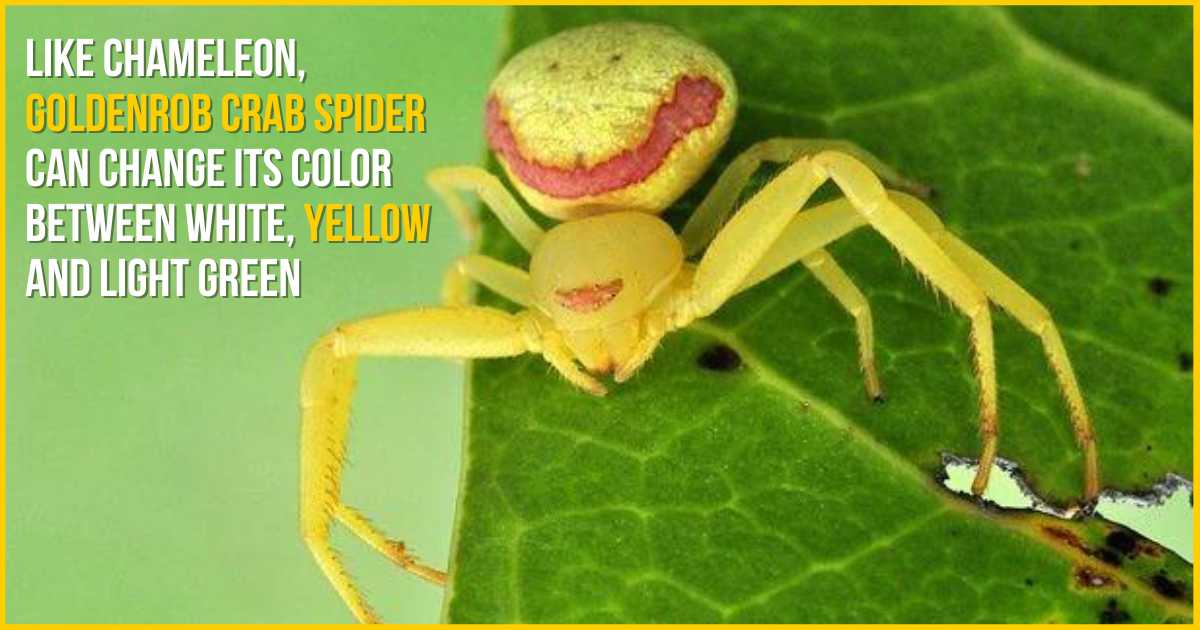
When threatened, the goldenrod crab spider often folds its legs inwards and stops moving. Additionally, because goldenrod crab spiders can change their color, they blend in with their surroundings. They can also release chemicals that mimic the smell of dead insects to deter predators.
Huntsman Spider
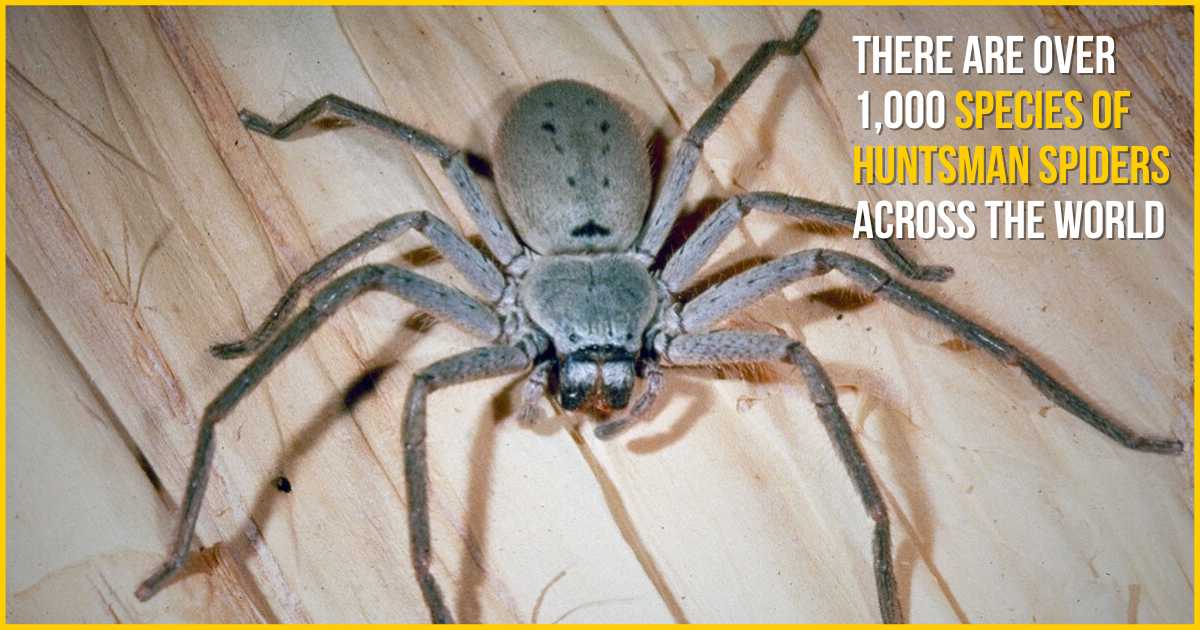
Huntsman Spiders also play dead sometimes to avoid predators or when threatened. Additionally, it is believed that the Huntsman spider can play dead to attract females.
Jumping Spider
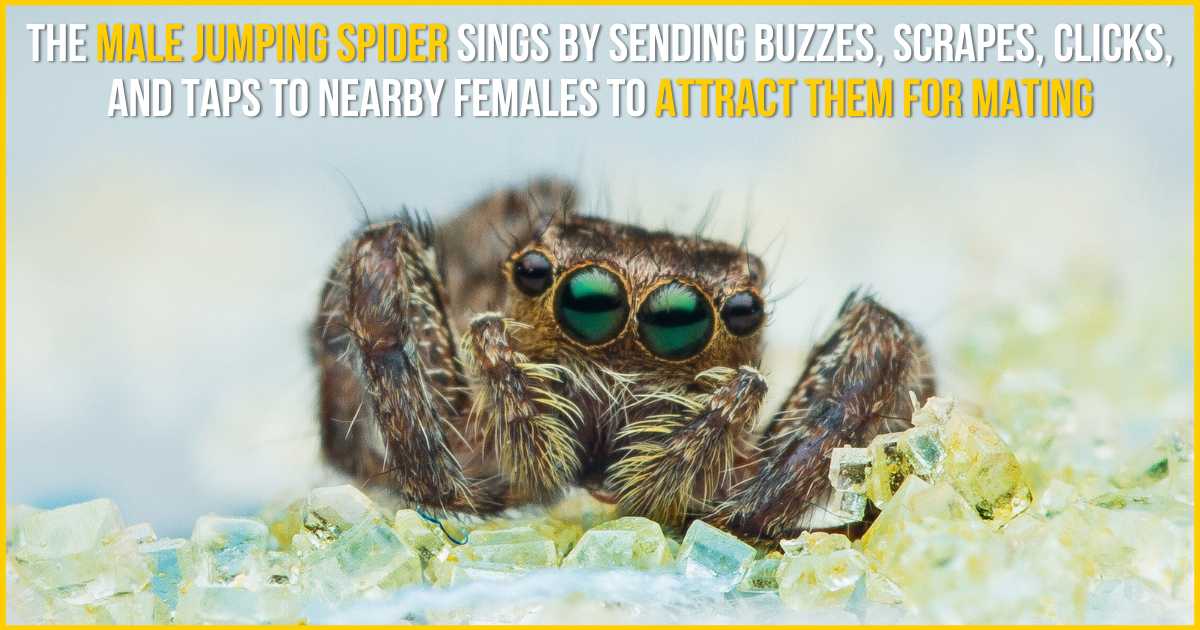
Jumping spiders are usually known for their hunting. They do not create webs but instead roam around in search of prey. When they encounter any kind of threat, such as other spiders or a predator attack, they play dead as a survival strategy. Jumping spiders also play dead when falling from tall grass, plants, or trees, remaining in tonic immobility until the situation calms down.
Southern House Spider
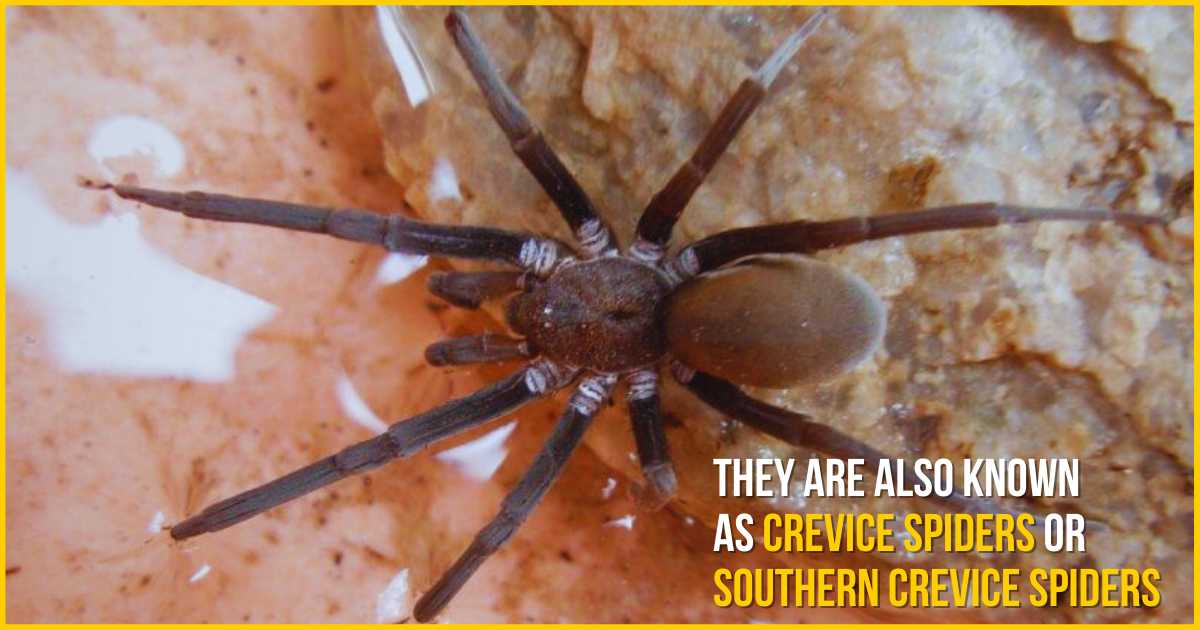
This spider species also plays dead sometimes as a defense mechanism. It is also believed that the Southern House Spider uses playing dead techniques in the mating process. The Southern House Spider is not aggressive but they may bite. However, their venom is not strong enough to cause serious harm to humans.
Wolf Spider
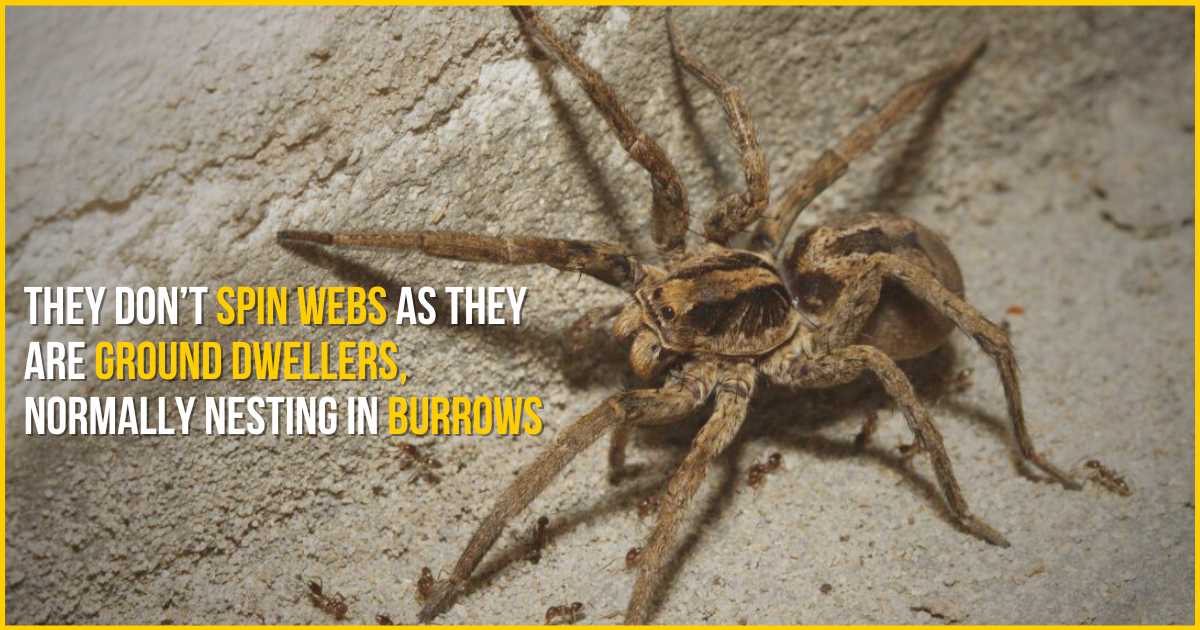
Wolf spiders exhibit cannibalistic reproductive behavior, where female spiders consume their male mates after mating. To evade this cannibalistic threat, male wolf spiders often play dead. Studies have shown that female wolf spiders also engage in playing dead to attract male spiders for mating.
Conclusion
Playing dead, or apparent death, is a behavior observed in certain species of spiders, such as the Brown Recluse Spider. In this behavior, spiders mimic death to evade threats, deceive predators during attacks, and avoid sexual cannibalism. While not all spider species exhibit this behavior, it is commonly observed among many. Therefore, if you encounter a spider curling its legs inward with no apparent movement, it is possible that it is playing dead. It is advisable not to attempt to touch them with bare hands. Instead, wait and observe for a few minutes before drawing any conclusions.
